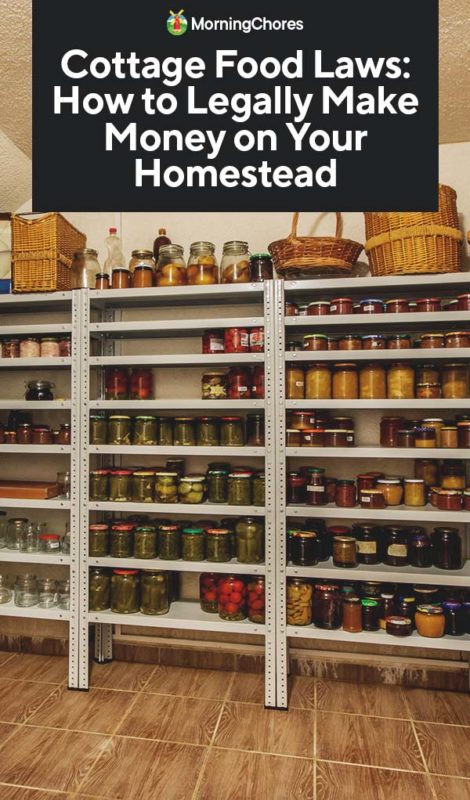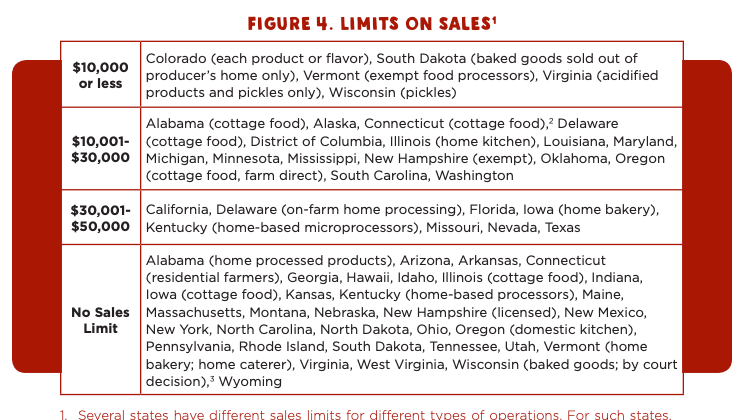Alabama Cottage Food Law Course

The alabama cooperative extension system offers a course tailored for cottage food entre preneurs.
Alabama cottage food law course. The course will also cover what you need to do once you pass the test and receive your certificate. The alabama cooperative extension system offers a course tailored for cottage food entrepreneurs. View event details about al cottage food phone online testing only meaningful mondays estate planning series june 29 2020. Home based food business cottage food production in alabama alabama allows the production and selling of certain food products from home.
Salient points of the rules governing home based food businesses in alabama include. Course materials will reinforce what you learn in the official certification course for the alabama cottage food law certification exam but we will focus on topics and issues not covered in the basic certification course. Food sales under the cot tage food law cannot exceed 20 000 per year and are subject to state county and city sales taxes. This cottage food law is relatively restrictive.
Ask questions of the food safety experts. The law states t. Alabama cottage food law course the alabama cottage food law went into effect in 2014 and provides guidance and information for cottage food entrepreneurs. Cottage food operators must take a food safety training course and are limited to 20 000 of sales per year.
Previously this state only allowed homemade food sales at farmers markets. Participants are taught food safety with par ticular focus on foods prepared at home and receive a certificate upon completion that the cottage food law. Read more about alabama cottage food law course. Cottage food production is governed by alabama s cottage food law sb 159 that went into effect on june 1 2014.
Training the person operating a food business under the cottage food law must attend and pass a food safety course approved by the alabama department of public health every 5 years. You will learn how to produce package label store and transport a safe food product. Participants are taught food safety with particular focus on foods prepared at home and receive a certificate upon completion that ensures individuals are in compliance with the cottage food law. It allows direct in person sales of many non perishable food items.













































